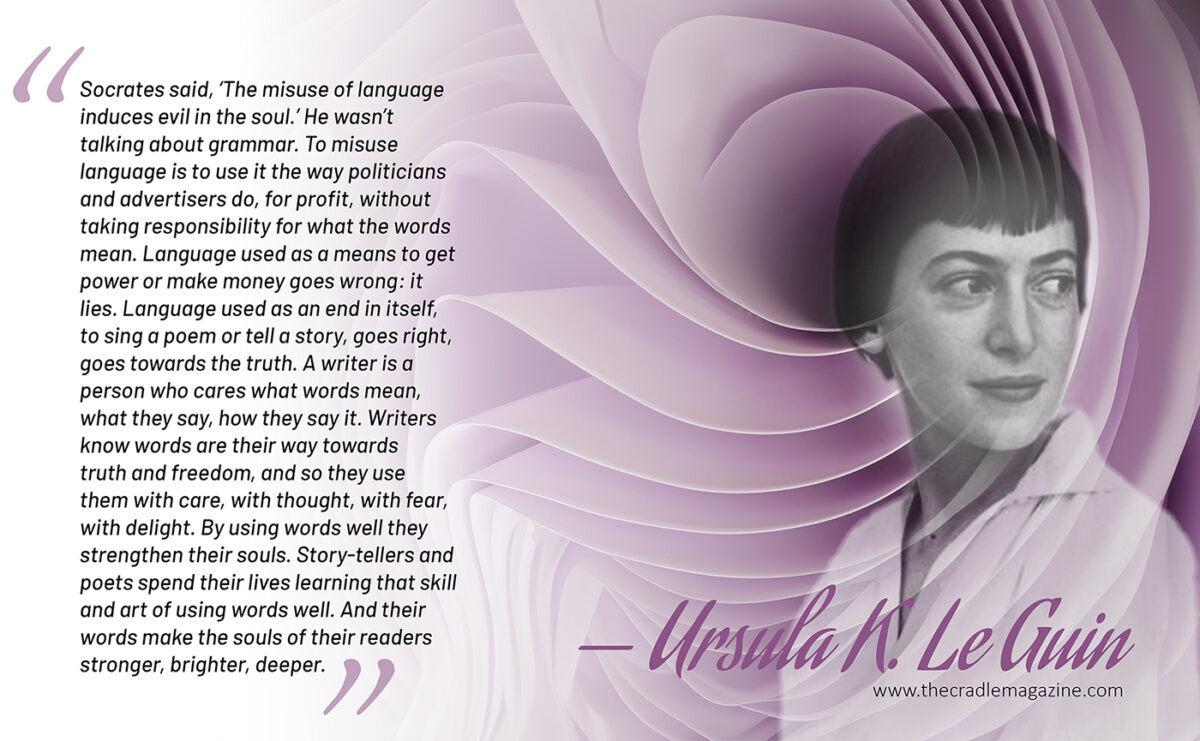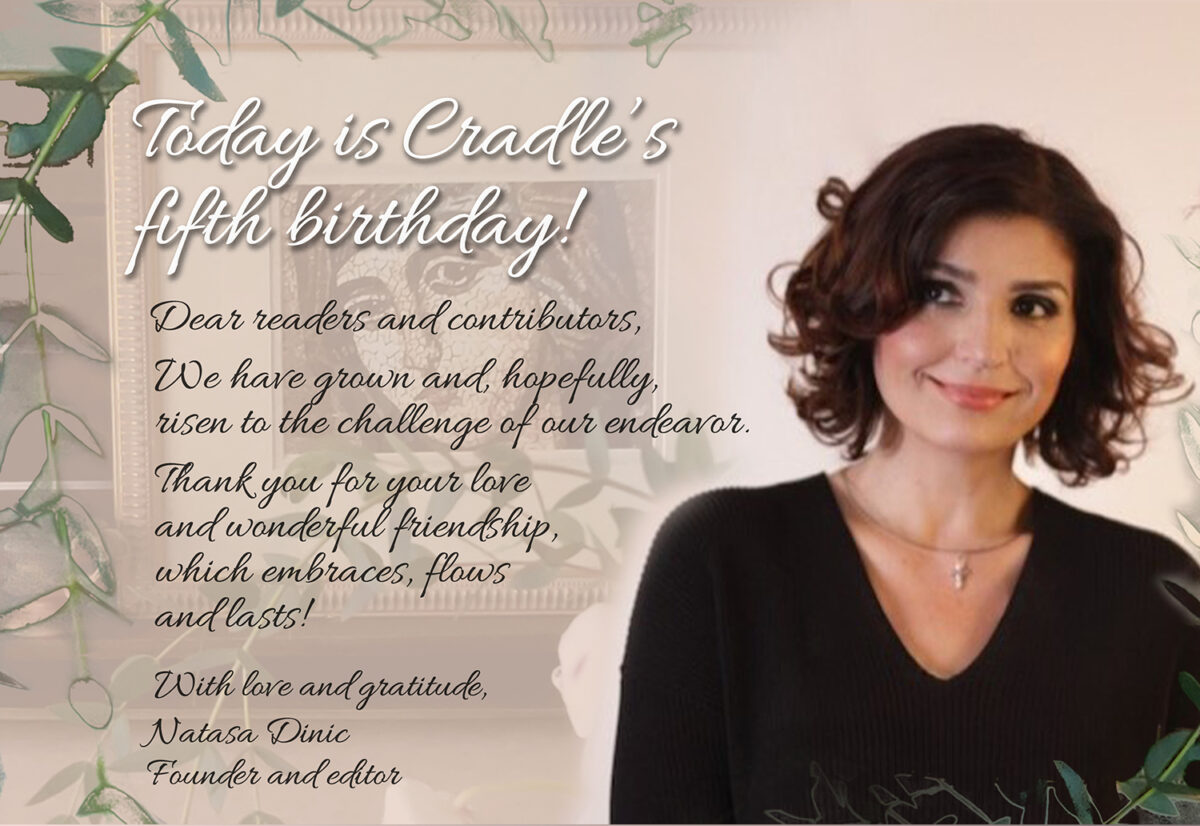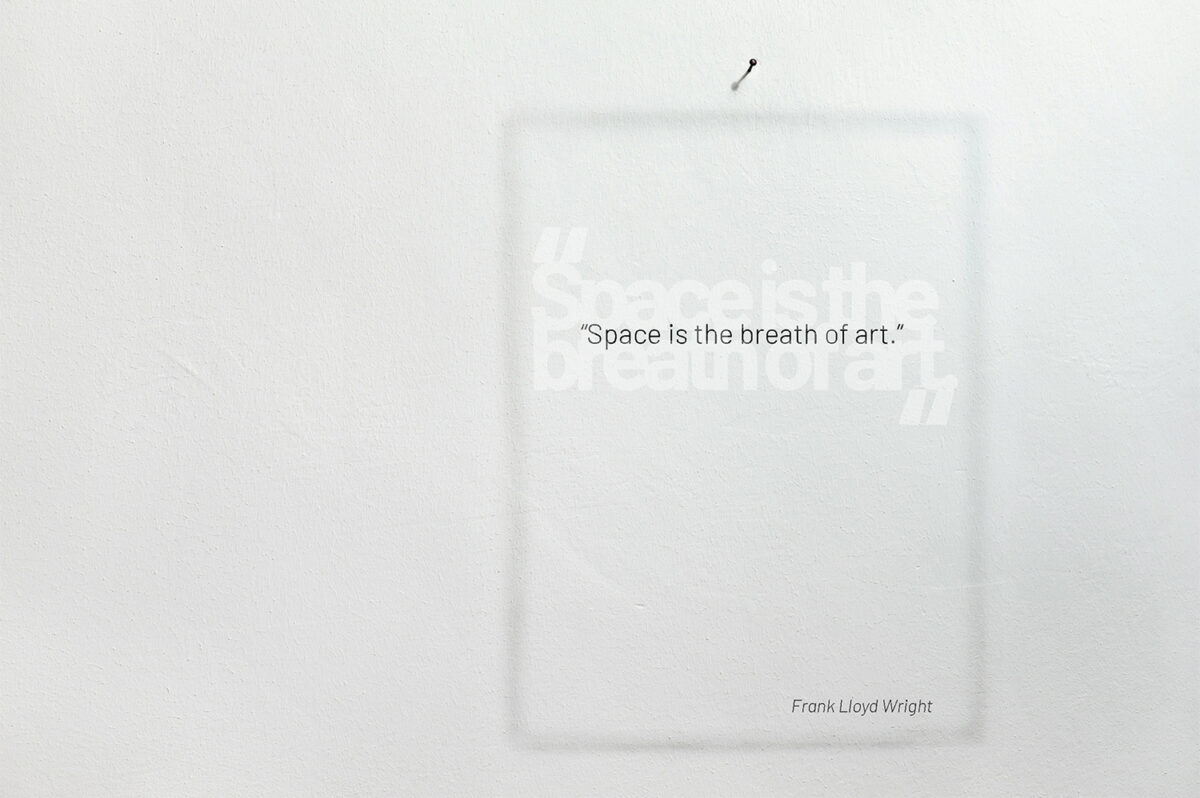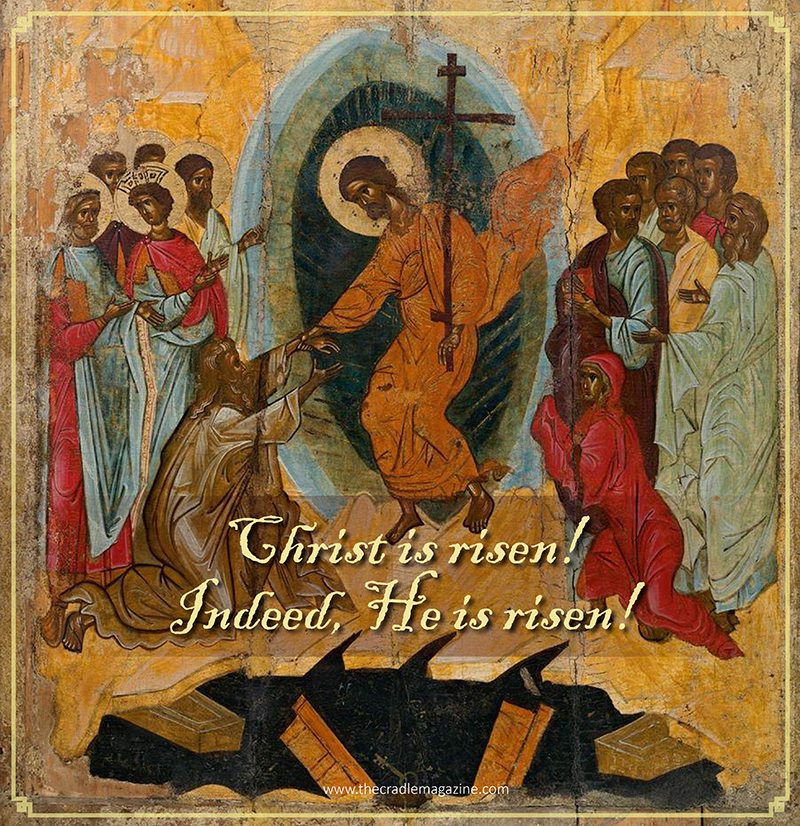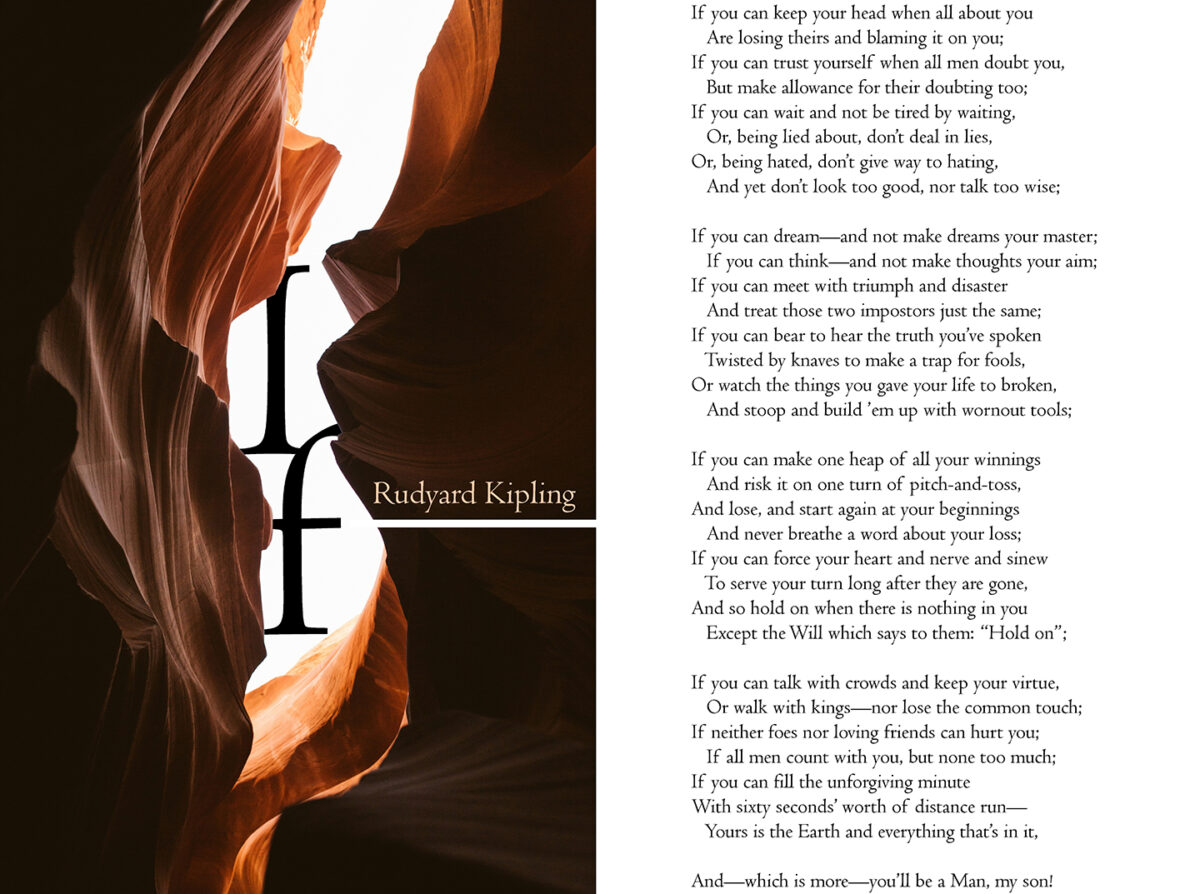“In moments of uncertainty and reflection on the complexities of life – wars, pains, and challenges, questions of identity and purpose – one can only resort to gaze at one’s empty hands and turn to the wisdom of our ancestors for guidance. Delving into the depths of history allows us to connect with our wise, ancient forebears, and listen to the echoes of their wisdom.” – Nataša Dinić
Throughout ancient times, wars have been an enduring facet of human history, with only a few intervals free from conflict. Once again, we find ourselves in a state of war, disconnected from God, ourselves, our roots, and ancestors, forgetting our primary responsibility of maintaining peace. Despite the universal yearning for peace, it remains elusive! Looking back at Vinča culture, and further exploring this not-so-accidentally found, culturally rich layer of Vinča, situated approximately 10.5 meters high, just 11 km from Belgrade – a most intriguing living tableau found in today’s Serbia, with its vertical reddish, yellow, dark, brown, and black hues of tools, dishes, jewelry, figurines, and other undisclosed secrets – it captivates our attention with its ‘large eyes’, and perhaps compels us to delve deeper and gain a more profound understanding of ourselves.
Continue reading “Vinča Culture: Wakefulness as Responsibility, a Way of Living, and Endurance”



